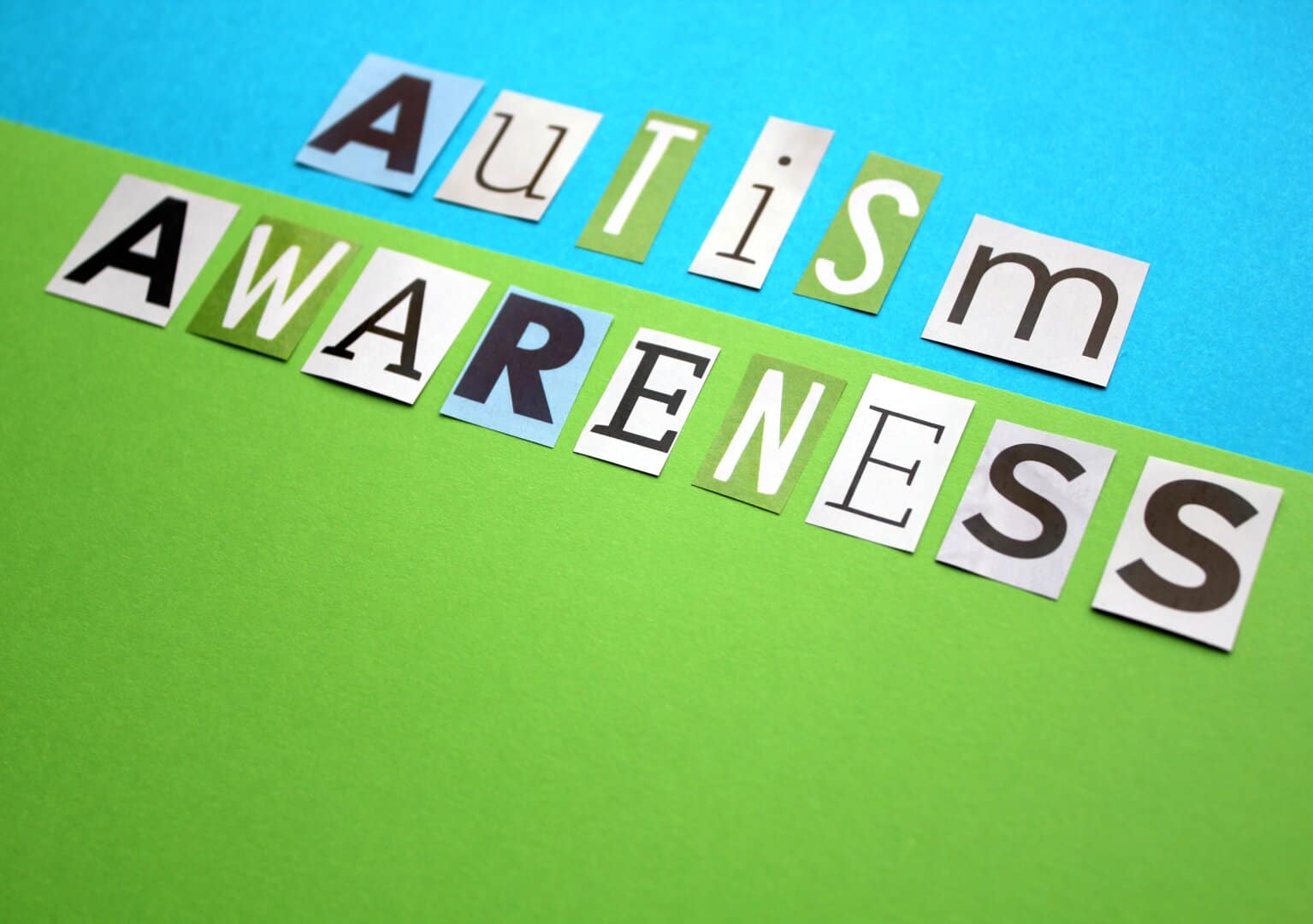The Importance of Sleep in Autistic Individuals:
Quality sleep is a fundamental pillar for the physical and mental health of anyone. During nighttime rest, the body regulates vital functions: it maintains molecular and energetic balance, consolidates memory, repairs tissues, and stabilizes mood.
On the other hand, a lack of sleep deteriorates higher brain functions (such as reasoning, attention to detail, and problem-solving) and negatively affects mood and daily performance.
For individuals with Autism Spectrum Disorder (ASD), getting a good night’s sleep is particularly important. Adequate rest contributes to the individual’s optimal capacity for learning, communication, and emotional self-regulation. Conversely, numerous studies have shown that insufficient sleep can worsen certain autistic traits. For example, one study with more than 2,700 children found that those with ASD who slept fewer hours exhibited greater social difficulties, more purposeless repetitive behaviors, and even lower intellectual scores compared to those who slept enough.
Similarly, not sleeping well has been linked to increased problems with attention, hyperactivity, anxiety, and irritability in autistic individuals.
Children with ASD who manage to maintain a regular sleep schedule learn better, are less irritable, and display fewer problematic behaviors. However, many autistic individuals face considerable challenges in achieving restorative sleep.
Common Sleep Problems in Autistic Individuals
Between 40% and 80% of people with autism experience sleep problems, a prevalence considerably higher than in the general population. The most common difficulties include:
Insomnia: Problems falling asleep or taking a long time to do so.
Frequent nighttime awakenings: Repeated interruptions during the night that prevent continuous rest.
Superficial or non-restorative sleep: Even if they sleep enough hours, many feel that they are not getting sufficient rest.
Circadian rhythm disruptions: Irregular or inverted schedules, with a tendency to sleep during the day and remain active at night.
Early awakening: Waking up too early without the ability to fall back asleep, which reduces total rest.
These difficulties negatively impact the quality of life, increasing stress, anxiety, and irritability, and affecting academic and social performance.
Possible Causes of Sleep Problems in Individuals with ASD
The reasons behind these difficulties are multifaceted and can combine with one another:
Biological Factors:
Autistic individuals often present imbalances in melatonin production—the hormone responsible for regulating the sleep-wake cycle. These imbalances hinder the body’s ability to properly recognize when it is time to rest, significantly affecting nighttime sleep.
Sensory Hypersensitivity:
An increased sensitivity to environmental stimuli, such as soft sounds, dim lights, or specific textures, can interfere with the continuity and depth of sleep, causing frequent awakenings or initial difficulty in falling asleep. For example, while most children remain deeply asleep despite faint noises (such as a door opening or the distant murmur of a television), a child with autism might abruptly wake up from these same soft sounds.
Behavioral Factors and Routines:
Dependence on rigid routines and resistance to changes or transitions can make it difficult to fall asleep. Additionally, prolonged use of electronic devices before bedtime and other stimulating activities can keep the brain active and alert, thereby delaying sleep.
Effective Strategies to Improve Sleep in Autistic Individuals
Several practical and proven recommendations can significantly improve sleep quality:
Establish Consistent Routines:
Engaging in relaxing activities each night in the same order and at the same time (such as reading, listening to soft music, or taking a relaxing bath) helps prepare the mind and body for sleep.
Adapted Environment:
Create a sleep environment that suits the individual’s specific sensory sensitivities by keeping the room dark, quiet, and comfortable.
Reduce Screen Time Before Bed:
Turn off televisions, phones, tablets, and other electronic devices at least one hour before bedtime to prevent blue light from interfering with natural melatonin production.
Visual Supports:
Use pictograms, visual schedules, or visual timers to clearly indicate the steps of the bedtime routine. This facilitates understanding that it is time to sleep and reduces uncertainty.
Supervised Use of Melatonin:
Under medical guidance, melatonin supplements can help regulate the sleep-wake cycle, improving both the quality and duration of sleep.
Complementary Therapies:
Strategies such as morning natural light therapy, relaxation and mindfulness techniques, or specialized behavioral intervention can also be effective.
Conclusion
Ensuring quality sleep in autistic individuals not only improves their personal development and emotional well-being, but also significantly benefits the family environment. Implementing these strategies helps create a more harmonious setting, considerably reducing stress levels at home and promoting a more balanced and satisfying daily life for everyone.












